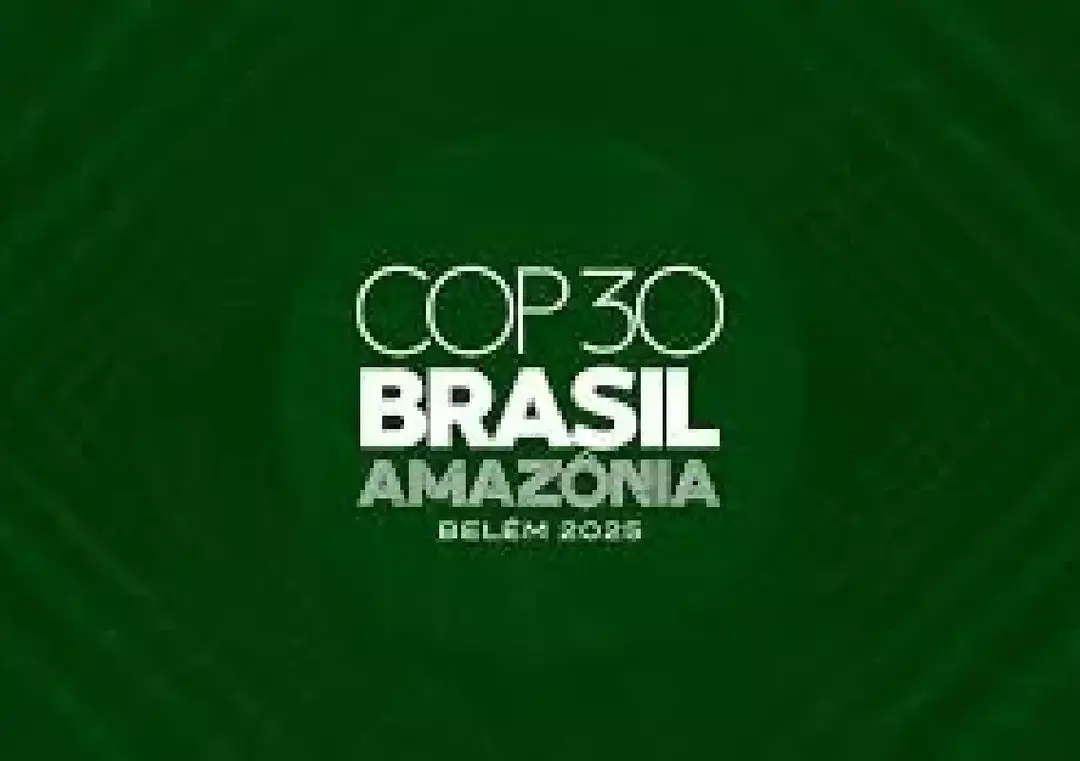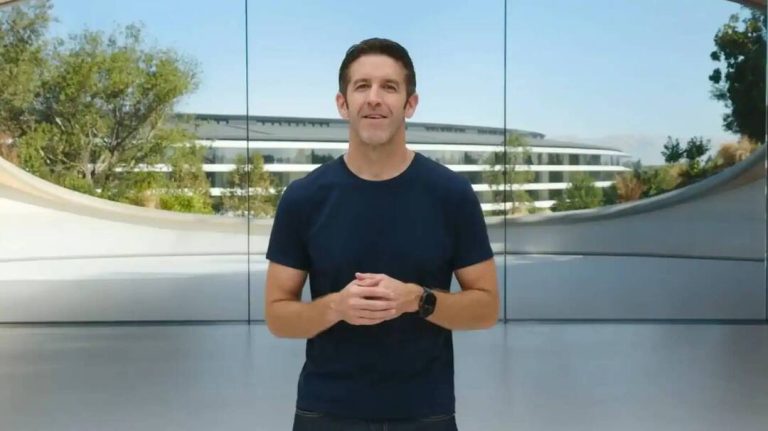
COP 30 ends with pushing road maps on deforestation
The 30th UN Climate Conference (COP30) ended on November 22, 2025, with President Andrei Lago announcing plans to steer global climate action. He gave a personal commitment through two new ‘road maps’, one to halt and reverse deforestation, and another to guide a just, equitable transition away from fossil fuels. The conference, which brought together representatives from nearly 200 countries, aimed to address the pressing issue of climate change and its far-reaching consequences.
Deforestation, in particular, has been a significant concern, with millions of hectares of forests being cleared every year, contributing to greenhouse gas emissions and loss of biodiversity. The road map to halt and reverse deforestation is a crucial step towards mitigating the effects of climate change. It outlines a comprehensive plan to protect and restore the world’s forests, including measures to prevent deforestation, promote sustainable land use, and support conservation efforts.
The plan also recognizes the importance of indigenous communities in protecting forests and their knowledge and traditional practices in maintaining the health and resilience of these ecosystems. It calls for increased support and recognition of indigenous rights, as well as the development of community-led conservation initiatives.
The second road map, which focuses on a just and equitable transition away from fossil fuels, is equally important. The plan recognizes that the transition to renewable energy sources is not only necessary to reduce greenhouse gas emissions but also to ensure energy security and access to clean energy for all. It outlines a framework for supporting countries in their transition to renewable energy, including measures to promote investment, develop infrastructure, and provide training and capacity-building programs.
The plan also acknowledges the need to address the social and economic impacts of the transition, particularly on communities that have traditionally relied on fossil fuels for their livelihoods. It calls for the development of programs to support workers in the fossil fuel industry, as well as to promote economic diversification and sustainable development in affected communities.
The announcement of these two road maps is a significant step forward in the global effort to address climate change. It demonstrates a commitment to taking concrete action to reduce greenhouse gas emissions and to support countries in their efforts to transition to a low-carbon economy.
The conference also saw the launch of several new initiatives and partnerships, including the establishment of a global climate finance fund to support developing countries in their efforts to address climate change. The fund, which is expected to mobilize billions of dollars in funding, will support a range of activities, including the development of renewable energy infrastructure, the promotion of energy efficiency, and the implementation of climate-resilient agriculture practices.
The conference also highlighted the importance of climate education and awareness-raising. It recognized that climate change is not just an environmental issue, but also a social and economic one, and that it requires a fundamental transformation of our societies and economies. The conference called for increased efforts to promote climate education and awareness-raising, particularly among young people, and to support the development of climate-related curricula and training programs.
In conclusion, the 30th UN Climate Conference (COP30) was a significant step forward in the global effort to address climate change. The announcement of the two new road maps, one to halt and reverse deforestation, and another to guide a just and equitable transition away from fossil fuels, demonstrates a commitment to taking concrete action to reduce greenhouse gas emissions and to support countries in their efforts to transition to a low-carbon economy.
The conference also highlighted the importance of climate education and awareness-raising, as well as the need to address the social and economic impacts of the transition to a low-carbon economy. As the world continues to grapple with the challenges of climate change, it is clear that collective action and cooperation are essential to achieving a sustainable and equitable future for all.
The outcomes of COP30 are a testament to the power of global cooperation and the importance of working together to address the pressing challenges of our time. As we move forward, it is essential that we continue to build on the momentum generated by the conference and work towards a future that is low-carbon, sustainable, and equitable for all.
News Source: https://newskarnataka.com/s/l17h2u





